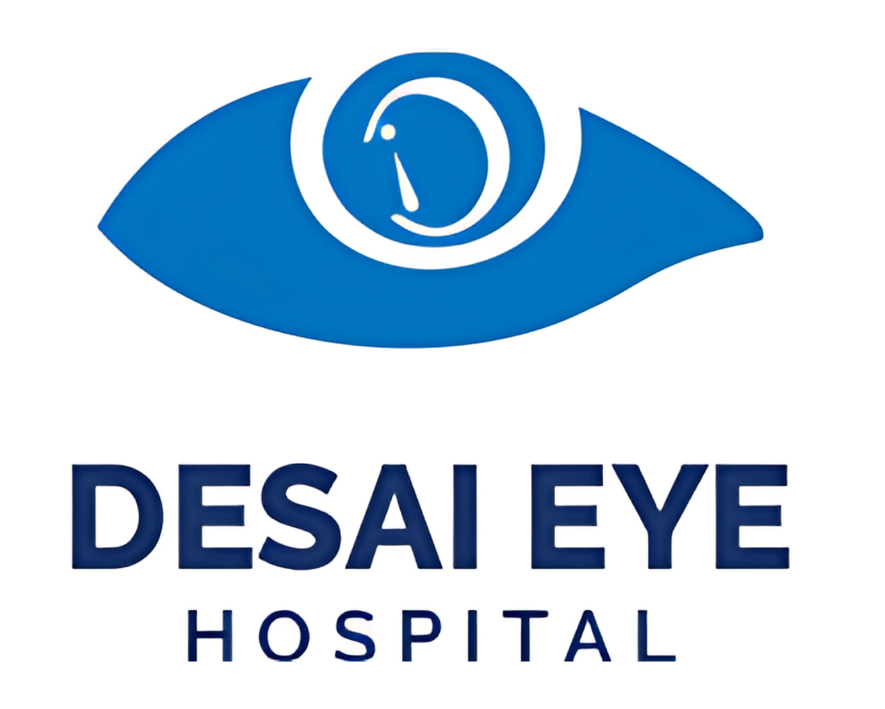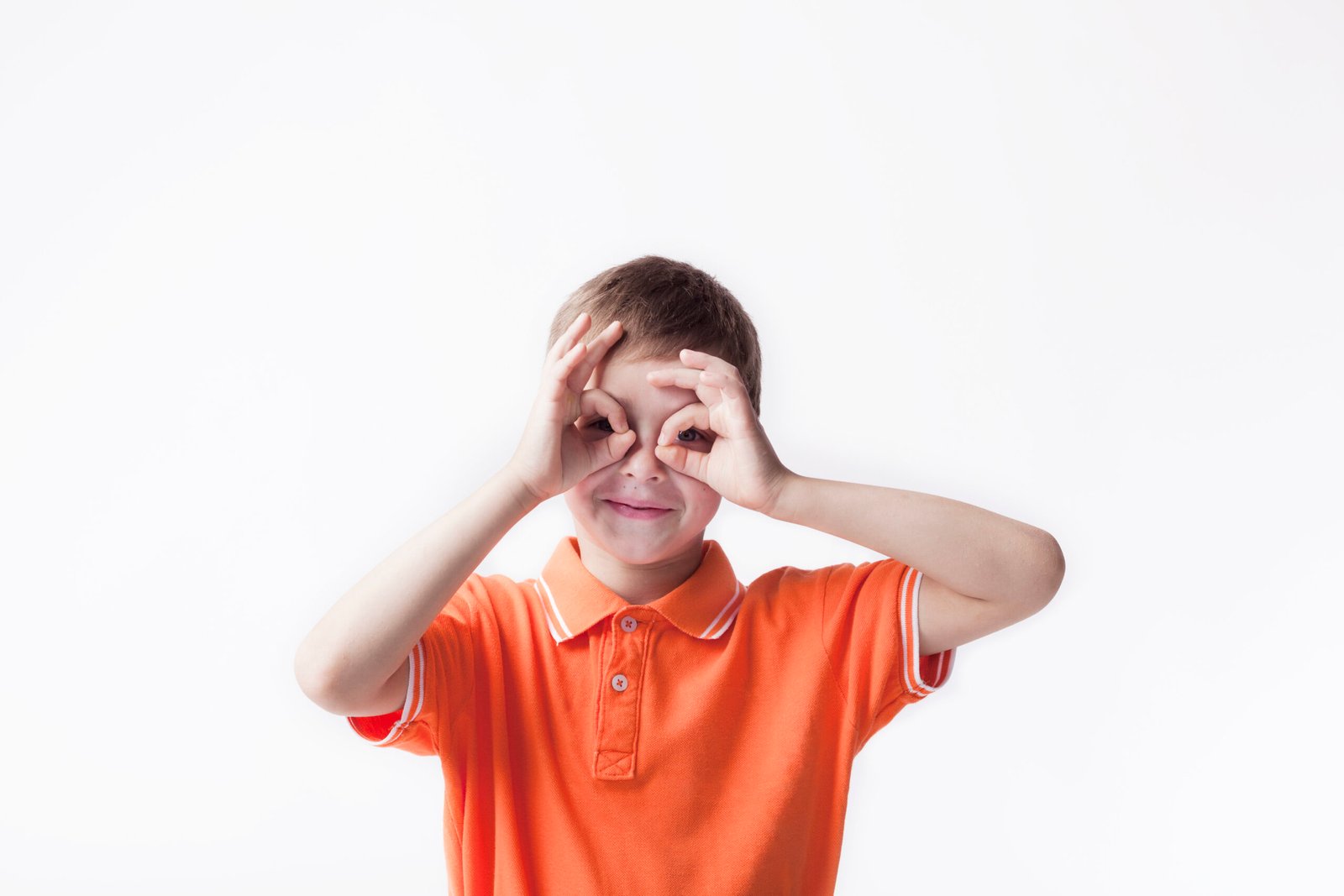Children benefit from outdoor sports by developing fitness, coordination, teamwork and confidence. However, when children run, jump or compete in outdoor sports, their eyes are at risk for: flying objects, dust, bright sun, collision, and chemicals, such as pool chlorine. As a parent or coach, a few simple steps can significantly decrease the chance of eye injury and help protect your child’s vision for a lifetime.
Here are practical, evidence-based tips to protect your child’s eyes while participating in outdoor sports also, we provide guidance on what to do if an injury occurs and when to seek professional care at an eye care hospital in Vadodara.
- Buy Suitable Protective Eyewear
The most effective single action, is to ensure your child sports appropriate protective eyewear.
- Sports goggles with polycarbonate lenses: they are impact resistant, light weight, and are recommended for most contact sports (basketball, soccer, baseball, racquet sports). Polycarbonate has the ability to absorb impact and protect against blunt trauma and flying objects.
- Shatterproof sunglasses with UV protection: for sports such as running, cycling, or beach activities, sunglasses that are shatterproof and block 100% of UVA/UVB rays, protect against harmful solar radiation. Wraparound sunglasses are the best because they help to reduce peripheral UV exposure.
- Prescription sport eyewear: If your child already wears glasses, get custom-made prescription sports goggles rather than regular spectacles ordinary glasses can shatter and cause more harm.
Always check the fit and strap security: poorly fitting eyewear can fall off and leave eyes unprotected.
- Choose the Right Lens and Coatings
Not all lenses are the same. For active kids:
- Polycarbonate lenses are preferred for impact resistance.
- Anti-fog coatings help maintain visibility during intensive play, especially in humid or high-exertion activities.
- Scratch-resistant coatings extend the life of eyewear.
- Polarized lenses reduce glare (useful for water sports), but be cautious for some ball sports where polarization can affect visibility of digital screens or water conditions.
- Emphasize Sun Safety Year-Round
Prolonged UV exposure in childhood increases lifetime risk of cataracts and other ocular problems. Teach sun smart habits:
- Wear sunglasses with 100% UV protection whenever outdoors.
- Use a wide-brimmed hat in addition to sunglasses for maximum coverage.
- Apply sunglass rules for cloudy days too — UV rays penetrate clouds.
- For water or sand activities, wear wraparound sunglasses to block reflected UV.
These habits protect developing eyes and reduce the risk of long-term damage.
- Keep Eyes Hydrated & Protected from Wind and Dust
Outdoor fields can be dusty and windy. Teach children to:
- Avoid rubbing eyes rubbing can make minor irritation worse or introduce infection.
- Use artificial tears (lubricating drops) if eyes feel dry or gritty during long outdoor sessions only after consulting a pediatric eye specialist.
- Encourage frequent water breaks: hydration supports healthy tear production.
If a child frequently complains of dryness during outdoor play, consider a consultation for targeted eye treatment in Vadodara.
- Teach Safe Play & Proper Technique
Many eye injuries occur from avoidable collisions or misdirected objects.
- Teach children proper techniques for their sport (heading correctly in soccer, safe catching techniques in cricket/baseball).
- Reinforce awareness rules: avoid running with sharp objects, keep fingers away from face when diving, and be mindful of other players’ proximity.
- Coaches should enforce sport-specific protective gear and safe-play rules.
Prevention through education dramatically reduces risk.
- Maintain a Clean Play Environment
A well-maintained sports area reduces hazards:
- Remove sharp objects, glass, or debris from playing fields.
- Ensure playground and court surfaces are in good condition to prevent falls.
- For swimming pools, maintain proper chemical balance to minimize eye irritation from chlorine.
If your child develops persistent redness or irritation after pool exposure, seek professional advice for best eye treatment in Vadodara.
- Monitor for Dangerous Signs After Impact
Even with your eyewear, an impact can still occur. After any impact to the head or face, please watch for: Severe eye pain, double vision, sudden vision loss Ongoing blurry vision or a “curtain” across the field of vision Blood in the white of the eye or from the eye New light sensitivity, nausea, or disorientation (may be a concussion) Visible object in the eye
If any of these occur, seek immediate medical attention emergency care can prevent permanent damage.
- Have a Basic Eye Injury First-Aid Plan
Coaches and parents should know how to respond:
- Do not rub the eye or try to remove embedded objects.
- For chemical splashes: flush the eye with clean water for 15–20 minutes and seek urgent care.
- For blunt injury with swelling: apply a cold compress (not ice directly on skin) and consult a doctor.
- For penetrating injuries: cover the eye lightly, avoid pressure, and get to an emergency department immediately.
Prompt first aid followed by professional evaluation is essential.
- Schedule Regular Eye Exams
Routine eye exams can catch problems early and ensure corrective needs are addressed.
- Children should have an initial comprehensive eye exam by age 3, again at school entry, and periodically thereafter, or sooner if symptoms appear.
- Discuss sport-specific eye protection and vision requirements with your child’s optometrist or ophthalmologist.
- For any ongoing concerns after an outdoor injury or recurring irritation, seek eye hospital in Vadodara expertise.
Desai Eye Hospital offers comprehensive pediatric and sports-eye evaluations tailored to active children.
- Communicate With Coaches and Schools
Make protective eyewear part of the team culture:
- Provide coaches with documentation if your child needs prescription sports goggles.
- Advocate for mandatory eyewear policies in high-risk school sports.
- Share your child’s emergency contact and preferred eye-care provider details with team officials.
Proactive communication helps create a safer environment for all players.
When to See an Eye Specialist
Even after your injury, irritation, redness, or other changes in vision after 24-48 hours would warrant an appointment to see the eye doctor. Immediate vision consult is warranted with bleeding, severe pain, vision loss. For advanced pediatric eye care, eye care specialists, and advice with sports-eye safety post-injury, families can find reputable eye care hospitals in Vadodara and experienced eye care specialists.
A Premier Destination for Advanced Eye Care in Vadodara
Desai Eye Hospital is a leader in eye care, delivering full-service innovative and advanced treatments for eye care in Vadodara. We have a history of expertise and advancement in eye care, and we are committed to protecting and improving vision for patients of all ages. We combine advanced instrumentation with individualized care to provide the best outcome, whether it be cataract or refractive surgery or neuro-ophthalmology or re-glaucoma exams. At Desai Eye Hospital, your vision is our priority and we are your partner in the best eye care for you. If a child needs an evaluation, protective eyewear fitting, or treatment following a sports-related eye injury, we provide pediatric and sports-related emergency eye care service to restore comfort and vision.
Final Thoughts
Outdoor sports offer invaluable benefits to children and with the right precautions, eye safety doesn’t have to be a trade off. Protective eyewear, sun-smart habits, proper technique, clean playing environments, and swift action after any injury will go a long way toward preserving your child’s vision. When in doubt, consult an experienced team at an eye hospital in Vadodara to keep your young athlete’s eyes healthy and ready for play.
FAQs
Q1. Why is protective eyewear important for children in sports?
Sports goggles with polycarbonate lenses protect against flying objects, collisions, and blunt trauma. They are safer than regular glasses during play.
Q2. What should I do if my child gets a chemical splash in the eye?
Flush the eye with clean water for 15–20 minutes and seek urgent care at an eye hospital in Vadodara. Do not rub the eye or apply home remedies.
Q3. Are sunglasses necessary for kids during outdoor play?
Yes. Shatterproof sunglasses with 100% UV protection prevent long-term sun damage. Wraparound styles are best to reduce peripheral UV exposure.
Q4. Can dry eyes affect children in outdoor sports?
Yes. Wind, dust, and sun exposure can cause dryness. Artificial tears may help, but consult a pediatric eye specialist for tailored eye treatment in Vadodara.


